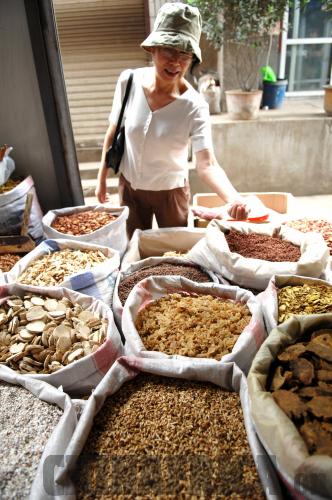|
 |
|
VALUABLE: TCM exports surpass $1 billion in H1 (XINHUA) |
Tourist Attraction
Madagascar
The number of tourists visiting Madagascar has jumped 16 percent in the first half of 2011 from a year earlier. The reason for this sharp rise is the stable political environment the island has seen since it had emerged from a two-year political crisis. The National Institute of Statistics said over 100,000 visitors took their holidays on the island famed for its leaping lemurs and tropical rainforests, generating $71.9 million for the ailing economy in the first half. Madagascar's tourism industry is a key source of foreign exchange for the country.
Gov't Micro-blogs
China
More than 10,000 government departments and officials across China had opened micro-blog accounts by August 1, said a People.com.cn survey. There were 2,400 micro-blog accounts run by authorities and officials. China had 195 million micro-blog users by the end of June 2011, according to the China Internet Network Information Center.
Fight Against AIDS
South Africa
The European Union will contribute 126 million euros to South Africa's fight against AIDS and tuberculosis, in a region battling to gain ground in preventing HIV infections. The money will be used to improve South Africa's primary health care system and increase access for patients, the European Commission announced. According to the commission, the launch of one of the largest EU health programs in the world shows that they want to make a real difference in people's lives: reduce maternal and child mortality, fight diseases like HIV/AIDS and tuberculosis and increase life expectancy.
Yuan as Reserve Currency
Nigeria
Nigeria plans to invest 5 to 10 percent of its foreign exchange reserves in China's currency, the renminbi (RMB) or yuan, said the country's central bank governor Lamido Sanusi. Nigeria has been discussing with the People's Bank of China, to allow it to invest its reserves in China's interbank bond market, and in the offshore yuan market in Hong Kong. Currently, the Nigerian Government has kept its reserves in three major currencies - the U.S. dollar, the sterling and the euro.
|